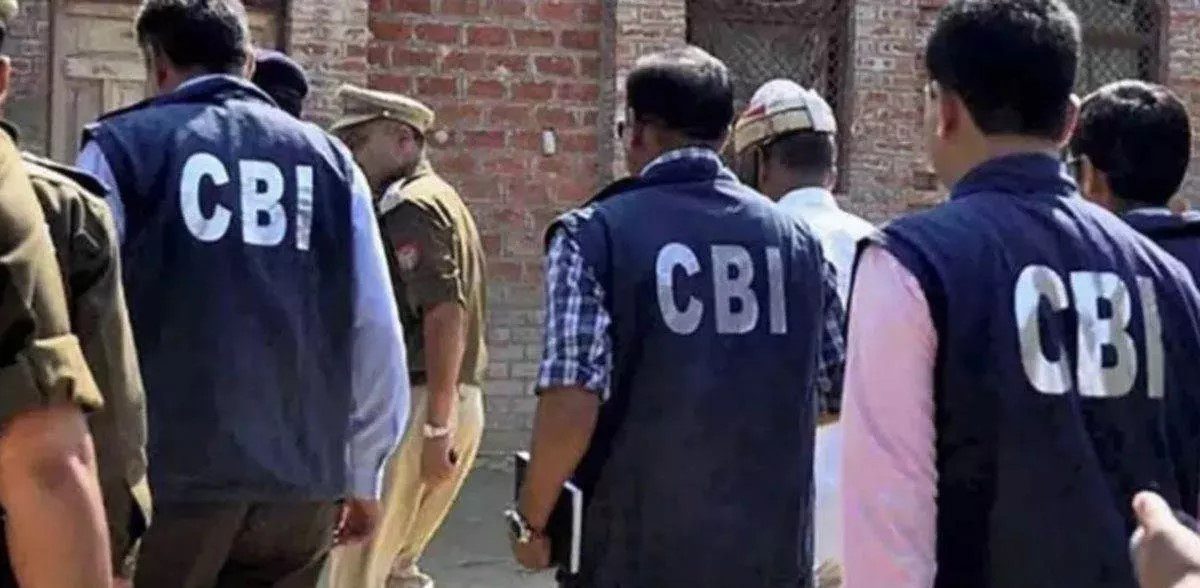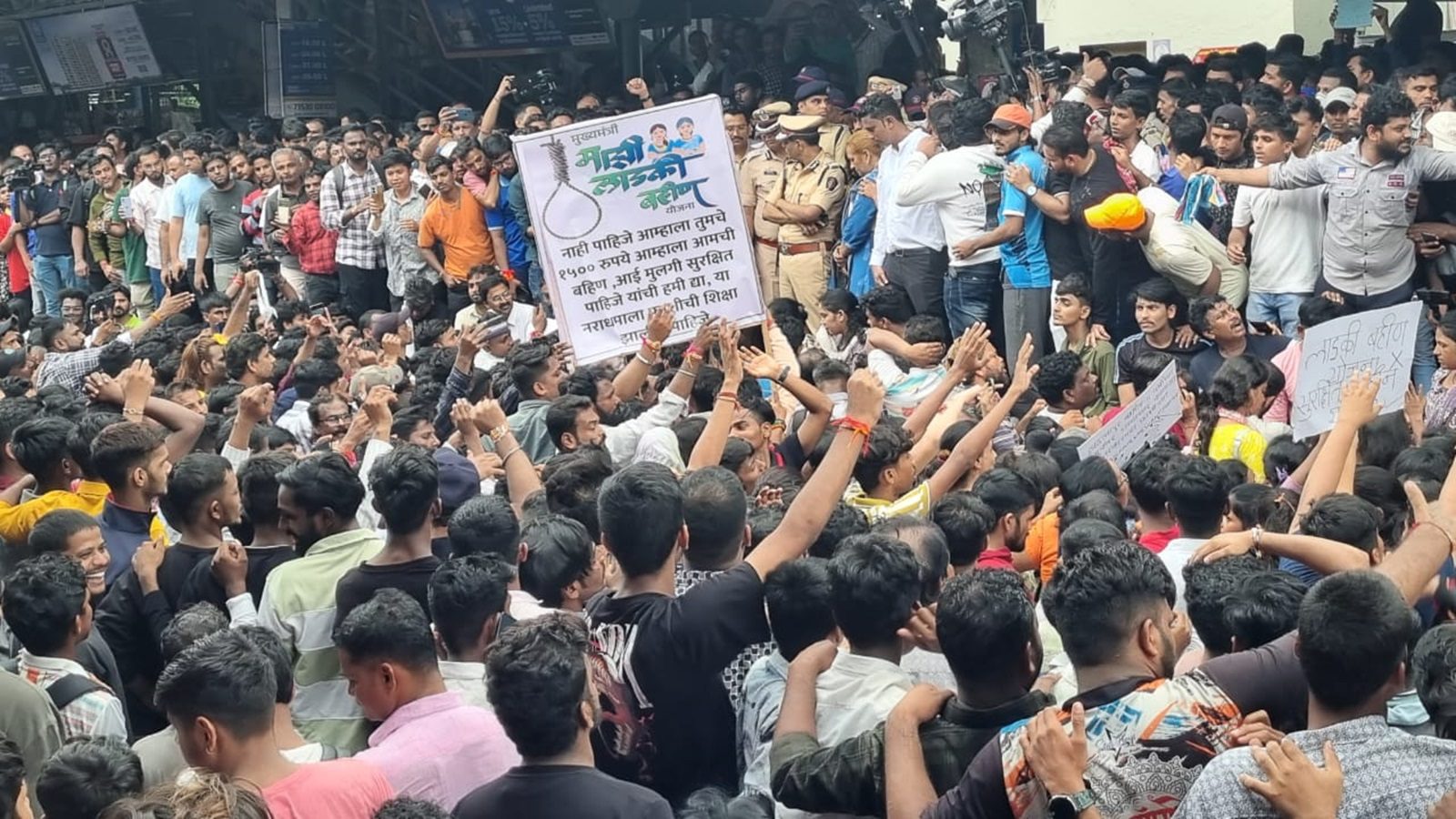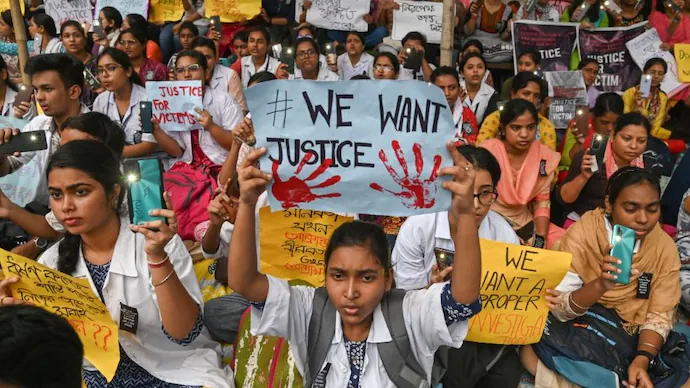Siddhant Mohite, Mumbai Uncensored:
Mumbai Uncensored’s investigation into Sai Nagar Seva SRA CHS has revealed shocking instances of corruption and illegal occupancy in the SRA scheme, raising serious concerns about the management and enforcement of housing laws.
Illegal Occupants in SRA Flats
Verified sources confirm that 56 tenants were legally allotted flats under the SRA scheme. However, multiple flats have been illegally occupied by individuals who are neither tenants nor legal members of the society. These illegal occupants have been living in the society for years without any authorization, bypassing the rightful distribution process.
One glaring example is the case of Chairman Kamalkar Jadhav, who was allotted flat no. 302 but has rented it out for the past eight years. Shockingly, Jadhav, leveraging his position as Chairman, has also taken illegal possession of flats no. 810, 811, 607, and 608.
Similarly, Sanjay Dharpawar, a managing committee member, sold his legally allotted flat no. 105 in violation of SRA rules. He has been illegally occupying flat no. 1207 ever since.
Widespread Misuse of Flats
Fifteen flats in the society, including nos. 302, 607, 608, 703, 810, 811, 901, 1001, 1002, 1004, 1005, 1010, 1102, 1105, and 1207, have been illegally rented out for the past eight years. Unknown individuals occupy these flats, and no maintenance fees are being paid to the society. The identity of those responsible for leasing these flats to outsiders remains unclear.
Failed Inspections and Corruption Allegations
Written complaints to the SRA prompted an investigation, and officers H.R. Gawde and Dhanraj Patil were appointed to inspect the illegally occupied flats. However, the illegal occupants were tipped off about the inspection and fled, locking their flats to avoid detection.
Evidence suggests these illegally occupied flats were not distributed through the mandated lottery process but instead obtained through unauthorized dealings with the builder. Moreover, electricity connections have been provided to these flats by Adani Electricity, despite their illegal status, further fueling suspicions of corruption.
Call for Immediate Action
These revelations call for urgent intervention. The illegally occupied flats must be vacated immediately, and legal action must be taken against all individuals involved.
Additionally, the following actions are demanded:
1. Suspension of SRA officers and employees complicit in the corruption.
2. Criminal cases against officials and employees of Adani Electricity for providing unauthorized connections.
3. Transparent redistribution of flats strictly adhering to the lottery process.
The Sai Nagar Seva SRA CHS case is a glaring example of how housing meant for the underprivileged is being exploited by those in power. Mumbai Uncensored will continue to monitor this case and bring to light any further developments to ensure justice is served.
For updates on this investigation and more exclusive reports, stay tuned to Mumbai Uncensored.
Cover Photo Credits: Media Polis/File Photo





 Health3 weeks ago
Health3 weeks ago


 Special Editions2 months ago
Special Editions2 months ago


 Special Editions15 hours ago
Special Editions15 hours ago


 Special Editions3 weeks ago
Special Editions3 weeks ago


 Special Editions17 hours ago
Special Editions17 hours ago



